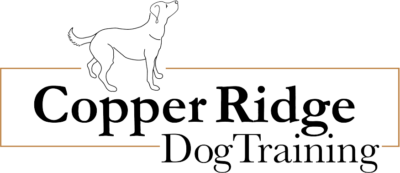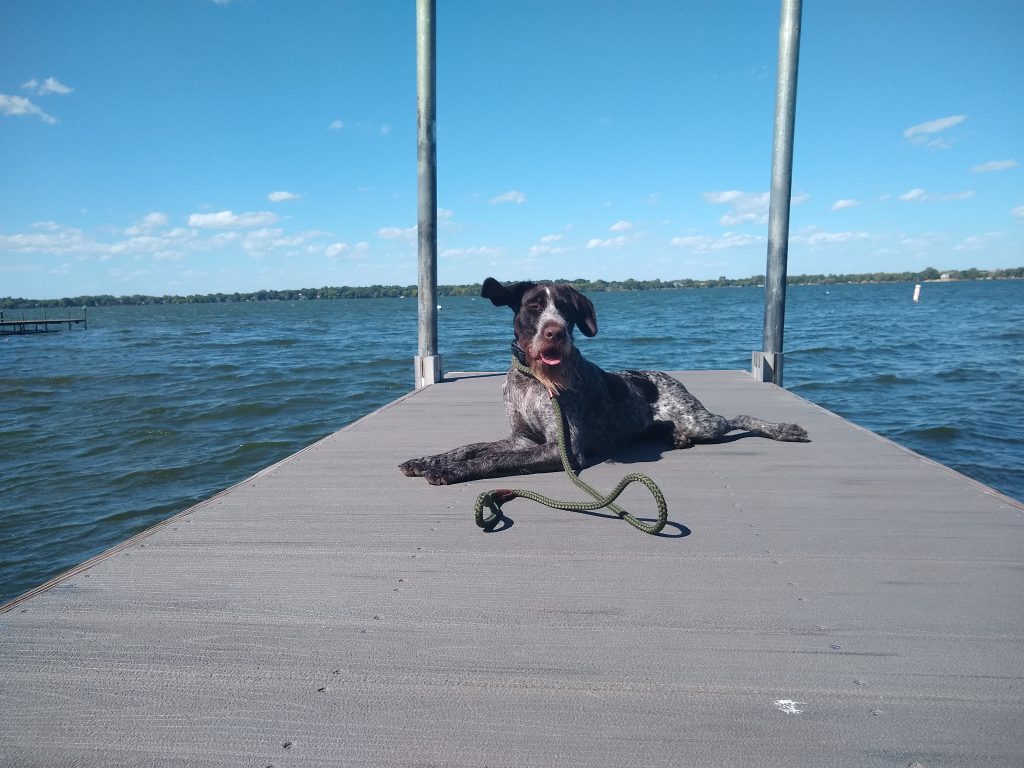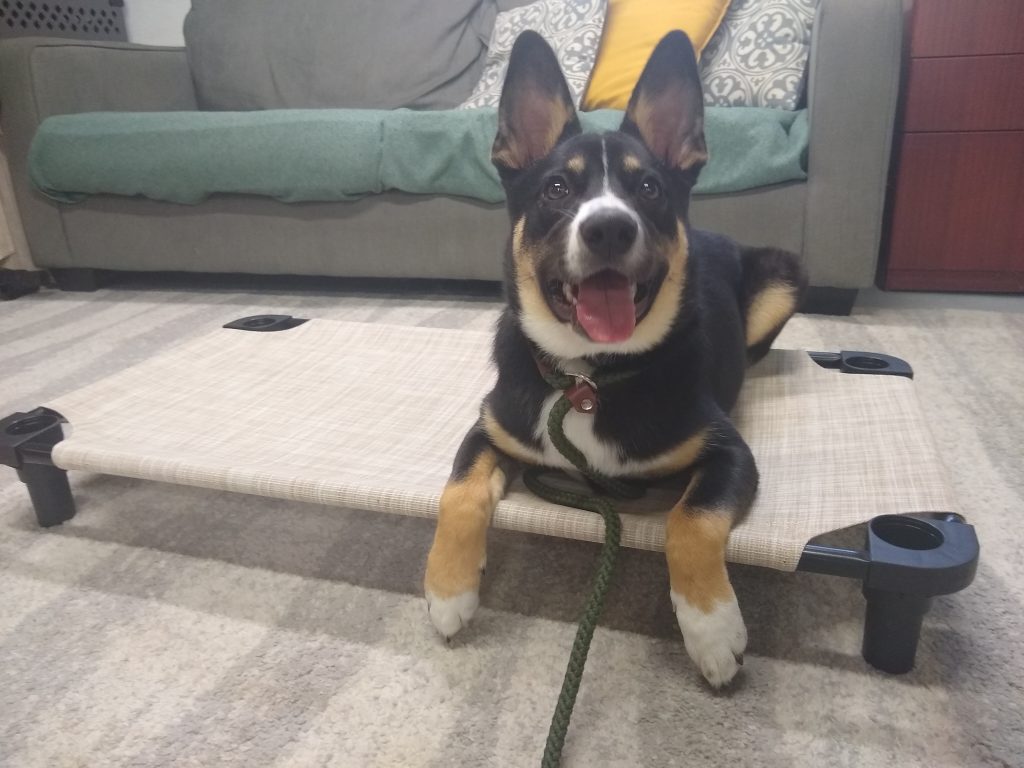I love those ears!
This was such a sweet moment in Molly’s training that I wanted to share with you all. Molly came in pulling at the end of the leash. And I mean PULLING. As in, you better not let go of that leash because she did not want to be attached to you. She was interested in everything but you.
We’ve been working so hard on teaching her to prioritize us over the environment. She’s been learning that there is a time for sniffing and playing, and there is a time to hang out by my side. Her leash skills have come along so nicely that it’s like she’s not even there at times. She will choose to sit next to me outside instead of chasing every scent in the air. She offers eye contact freely.
We pulled all of this together and went on a nice long walk yesterday. We paused for a break at the pier, and Molly calmly and willingly sat by my side to take in the refreshing breeze. There was no pulling, no whining because she couldn’t chase the ducks, no jumping to go say hi to people that walked by. You could see how relaxed and comfortable she was. To outsiders, this would have looked like an insignificant moment in our day. But to Molly, this moment was huge and I’m so proud of her.
This is what training is all about. The hard work. The long hours. The frustrating moments when you feel like you have no idea what you’re doing. It’s all leading up to something beautiful. Keep going – your dog will thank you for opening up their world!


